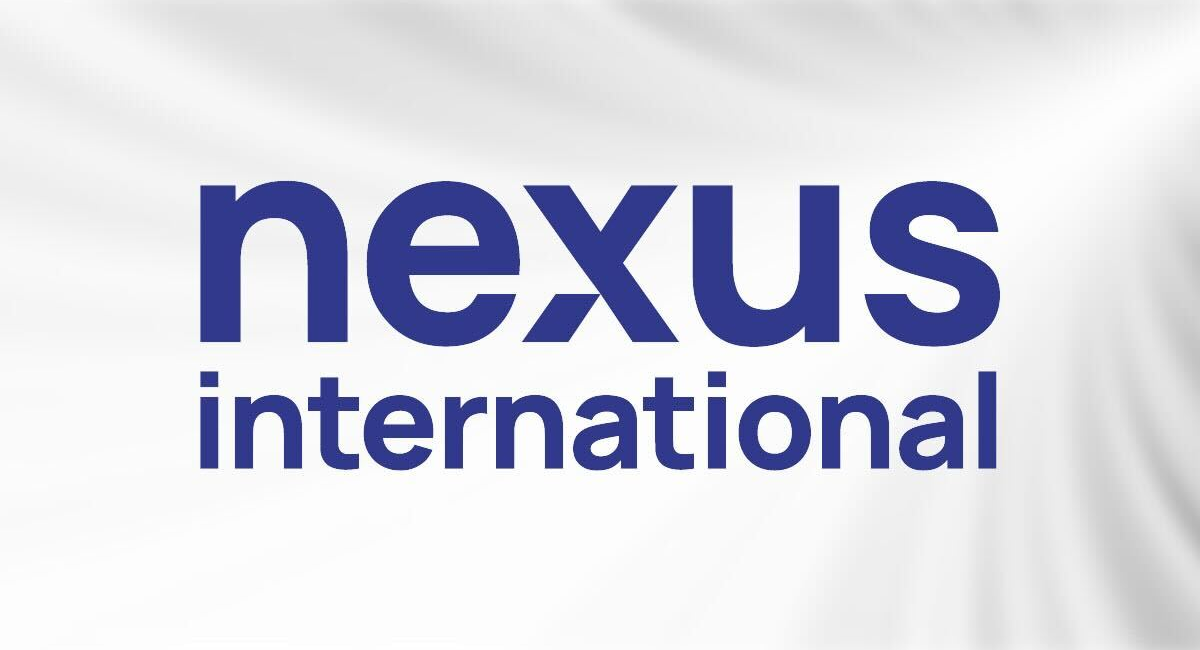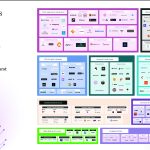
Nexus International’s expansion history is a study in pace, not haste. While many iGaming operators spread resources thin across multiple geographies in pursuit of rapid market share, Nexus’s approach under Gurhan Kiziloz has been deliberately selective. The company’s $546 million in H1 2025 revenue was not the result of launching in every possible market, but of doubling down on the regions that have consistently delivered strong returns.
This philosophy has kept operational strain low and decision-making cycles short. Rather than pursuing several large-scale market entries at once, Nexus initiates one expansion project at a time, ensuring that infrastructure, compliance, and staffing are fully aligned before moving on to the next. The recently announced São Paulo headquarters is an example of this controlled scaling, a single, strategically timed move aimed at consolidating gains in a high-performance market rather than chasing simultaneous openings elsewhere.
In industries where speed is often equated with success, controlled scaling offers distinct advantages. Focusing resources on fewer projects at a time reduces risk of execution failure and avoids stretching operational teams too thin. It also allows for closer monitoring of early-stage performance, enabling Nexus to adjust marketing, product, and support systems before replicating the model elsewhere. This approach contrasts sharply with competitors that often launch in multiple markets in a single quarter, increasing both operational complexity and the likelihood of costly missteps.
From a financial standpoint, Nexus’s expansion discipline is tied to its self-funded model. Without investor capital to deploy in large bursts, the company has relied on reinvesting its own earnings into growth. This naturally places a premium on prioritization, each new market must prove it can contribute to the revenue base without disrupting existing performance. São Paulo met those requirements through sustained revenue generation in the wider Latin America region and clear opportunities for scaling operations locally.
The benefits of this strategy extend beyond efficiency. Controlled scaling supports internal culture by giving teams a clear sequence of priorities and realistic execution timelines. Employees know which market is the current focus and can concentrate on delivering measurable results, rather than splitting attention across competing launches. This clarity has helped Nexus maintain productivity without inflating headcount unnecessarily.
Gurhan’s own comments reinforce the logic behind this approach. He has emphasized the importance of acting when the data supports a move, not when external pressure demands one. By avoiding investor-driven timelines and expansion mandates, Nexus can stay responsive to market signals without sacrificing operational stability. The result is a business that grows steadily but securely, with each expansion serving as a tested template for the next.
As the iGaming sector continues to see operators chase aggressive global footprints, Nexus’s model stands out for its restraint. The company’s position in the global Top 100 gaming companies by revenue has been earned through this measured approach, suggesting that in a competitive industry, sustained performance can come from depth, not just breadth.
The discipline of controlled scaling has positioned Nexus for long-term stability, providing a foundation for future moves without overextending resources. It’s a methodical approach that prioritizes lasting impact over rapid expansion, one that may prove more durable in an industry where market cycles can shift as quickly as the games themselves.












